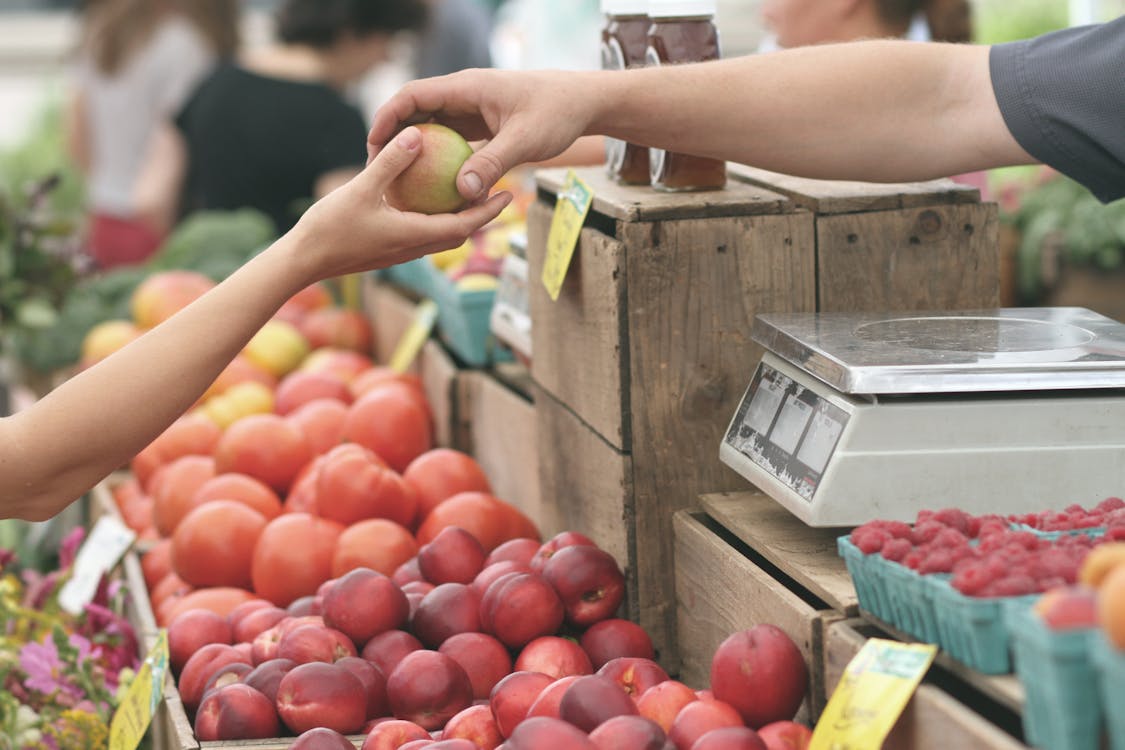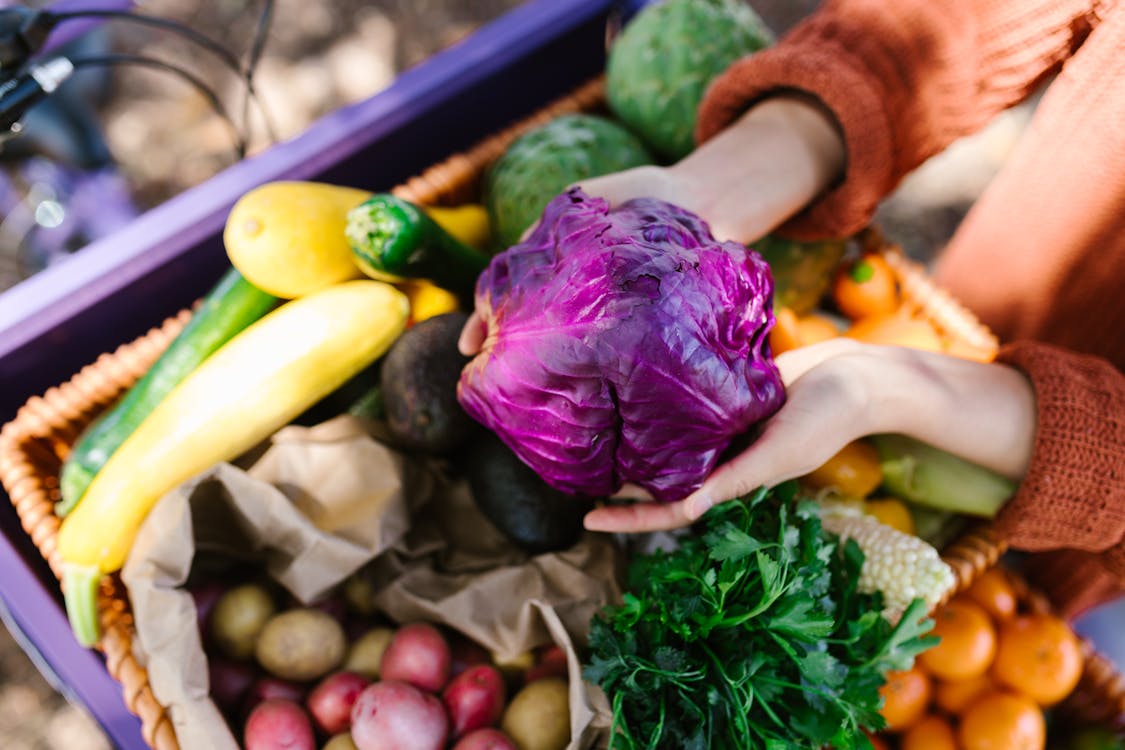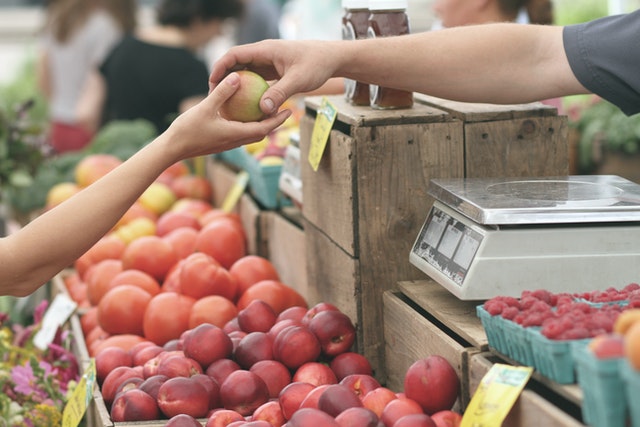I’ve heard for years that more people should be supporting local farms, but it just never made much sense to me. People claim that we should do this because getting food locally reduces emissions from transportation, but the truth is that transportation of food only accounts for 4% of the total emissions from the food industry. So buying local to reduce the impact of my food by less than 4% was not a motivating factor.

Over the past few years I’ve started supporting local farmers as much as possible, so what changed? The global pandemic of course! Covid-19 and the response to it exposed myriad problems around the world including in the food industry. Store shelves lay bare, and the possibility/reality of reduced workforce in the transportation industry and grocery storefronts (for receiving, stocking, selling, etc) caused people to become inclined to stock up on more than they would have pre-pandemic. This mentality further added to the problem.
For the first time in my life I truly saw the benefits of local food, not for the 4% emissions savings, but for the resilience that producing food locally provides to its communities. Having fewer steps between people and their food sources means that there is less opportunity for drastic work shortages, natural disasters (going on somewhere between where the food is produced and its final destination), etc to prevent or delay food getting to the people and animals who need it.

Maybe small farms and backyard gardens can’t supply all of the food needed to feed a community, but it can supply some of it; I think that’s worth supporting.
Benefits of shortening supply chains
There are so many benefits to supporting local farmers and producers. Yes, the carbon emitted during transportation can be reduced, but there are other benefits to consumers and communities alike. Food produced locally tastes better and reflects the season, inspiring seasonal eating. Because food purchased locally doesn’t have to sit in trucks and warehouses before getting to a store it also retains more of its nutritional value. Local food can have cultural significance and bring pride to communities as it does for New Mexicans with the green (and red) chile products they add to dishes. Money spent at local establishments boosts the economy in the area. And because there are fewer people, places, and equipment the food comes into contact with, there is lower chance of recall inducing contamination as well as supply chain issues disrupting the ability of food to get to the people who need it. For all of those reasons combined, I think supporting local farmers and producers is a meaningful endeavor.
